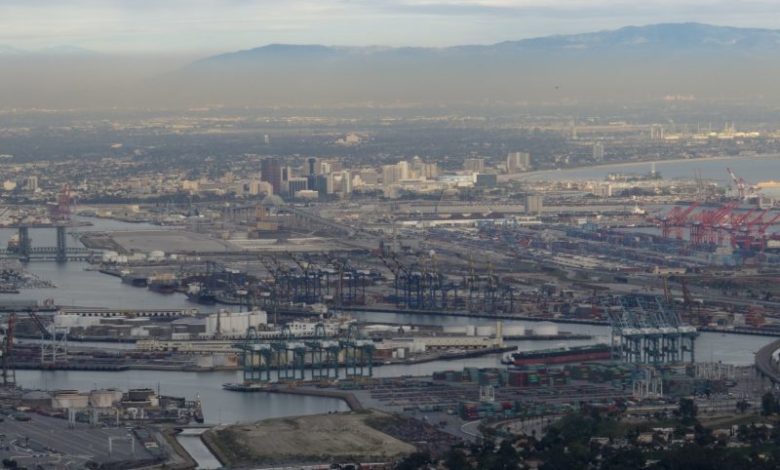Ports address climate change to support investment decision-making

At the International Association of Ports and Harbors (IAPH) 2019 World Ports Conference opening in Guangzhou, IMO secretary general Kitack Lim re-emphasised the importance of the combined role of shipping and ports in both world trade and sustainable development.
“Transport is a chain. No link in a chain can be really be effective if viewed in isolation. Actions impacting ships will have an impact throughout the entire supply chain, especially on ports,” Lim said at the event where climate change is high on the agenda.
Lim specifically commended IAPH’s collaborative work with Canada on a joint resolution encouraging voluntary cooperation between ports and shipping to reduce vessel greenhouse gas (GHG) emissions. He also acknowledged IAPH’s support to co-develop port emissions toolkits on the IMO-based GloMEEP (Global Maritime Energy Efficiency Partnerships) Project.
The secretary general pointed out that ships use around 15% of their total fuel whilst in port or in a harbour: “Ports will be vital to provide infrastructure to supply alternative fuels to power shipping if we are to meet the ambitious GHG emissions targets” he commented.
IAPH’s initial work with the Canadian government on a joint IMO resolution that invites member states to encourage voluntary collaboration between ports and shipping to facilitate the reduction of GHG emissions from vessels in ports and harbours has resulted in a detailed submission to the IMO. It has been co-sponsored by a number of other governments, various shipping industry associations as well as the World Wildlife Fund and is planned to be tabled at the meeting of the IMO Marine Environment Protection Committee (MEPC) next week.
At the ports event in China, where more than 1,000 delegates are attending, a climate change survey has been launched to support investment decision-making on future-proof port and navigation infrastructure by providing aggregated, opportunity cost data on the financial and operational impacts of extreme weather events.
The partners in the international Navigating a Changing Climate initiative have prepared a short survey to collect information about the effects of extreme weather events on seaports and inland ports. The purpose of the survey is to gather information from port operators around the world to improve understanding about the consequences and costs of extreme meteorological and/or oceanographic events.
Information provided by port operators in response to the survey will be collated and presented anonymously in an aggregated format; individual port or waterway data will be kept strictly confidential.
Jan Brooke, focal point for the Navigating a Changing Climate initiative, commented: “The many extreme weather events experienced across all regions of the world in recent years have impacted on ports and port operations at different scales of magnitude, both in developed and developing countries. Whilst it is not possible to attribute any single event to climate change, climate projections all suggest that extreme events will increase in both frequency and magnitude. The ports’ sector therefore needs to prepare.
“However, possible financial or business implications of such events are not always easy to foresee as they are by their nature unpredictable. Developing a sector-wide understanding of the potential consequences of extreme weather events is therefore vital. The objective of this survey is to aggregate the submitted data, anonymously, by geographical region, in order to develop an improved and accessible understanding about the frequency and type of events and their operational and financial impacts on ports.”
Splash readers in the ports sector can take the survey by clicking here.
